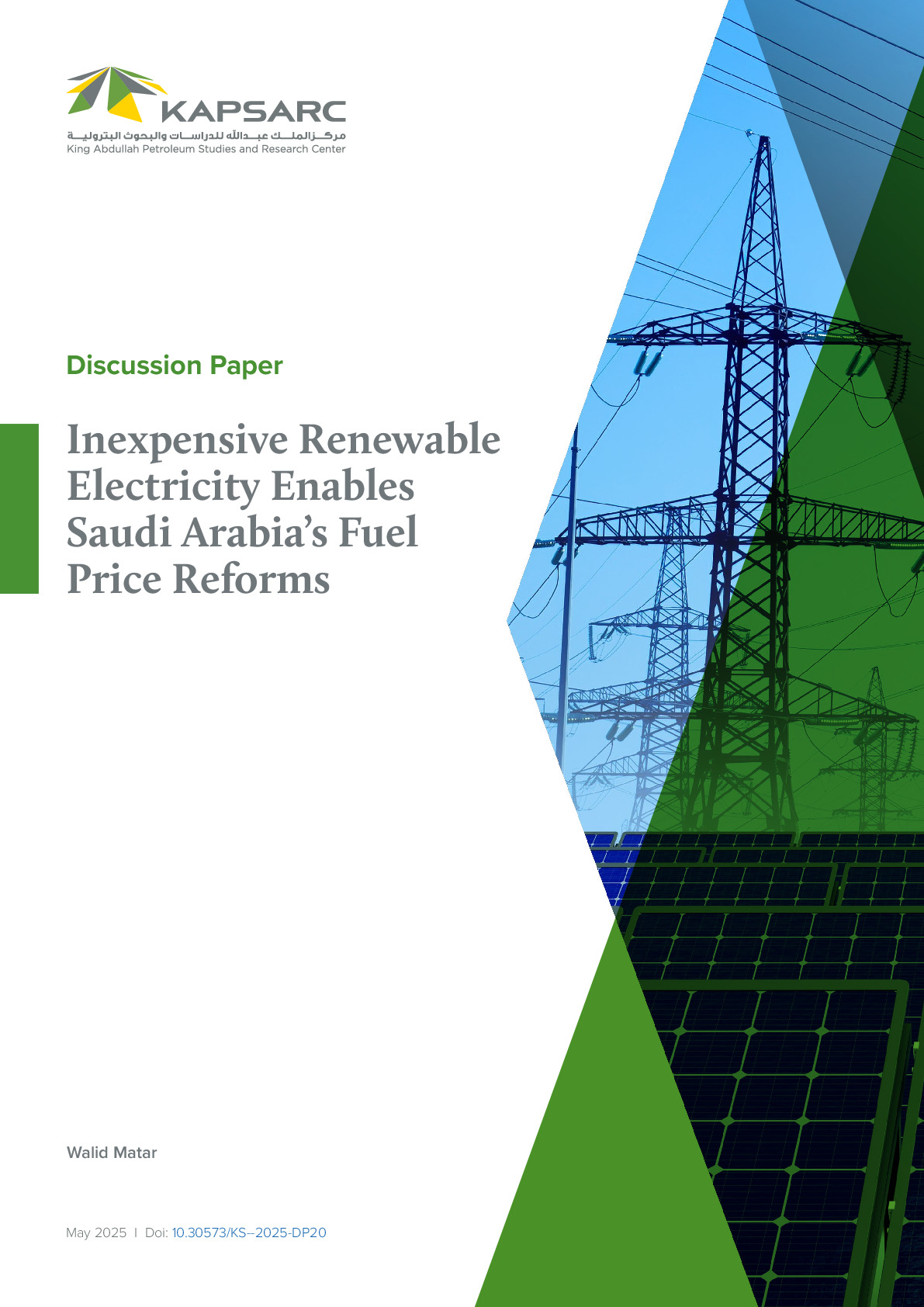Producing construction materials requires a great amount of energy, and in Saudi Arabia, this production currently entails the use of substantial amounts of liquid fuels. Liquid fuels are mostly sold at below-market prices domestically, and thus result in large opportunity costs for the government. Saudi Arabia’s interests reside in displacing higher-value liquid fuels with more appropriate alternatives. The Saudi government plans to encourage the displacement of oil by reforming the below-market oil prices. Alternatives could include other fuels and more energy-efficient manufacturing processes. This paper investigates, the cost implications of switching existing fuels or processes for individual firms and the government.

Principal Fellow- Oil & Gas
Walid works on modeling energy systems. He is developing or has developed the following components of the KAPSARC Energy Model…
Walid works on modeling energy systems. He is developing or has developed the following components of the KAPSARC Energy Model (KEM): electric power generation, oil refining, petrochemicals and fertilizers, cement production, and iron and steel. He is also working on a bottom-up residential electricity use framework that merges microeconomics with the physical laws governing electricity use.
Expertise
- Energy Systems Modeling
- Optimization
- Electricity Prices
- Energy Efficiency and the Interdisciplinary Connection Between Energy Economics and Engineering
Publications See all Walid Matar’s publications

Inexpensive Renewable Electricity Enables Saudi Arabia’s Fuel Price Reforms
Producing construction materials requires a great amount of energy, and in Saudi Arabia, this production…
20th May 2025
Costs of Switching Fuels and Manufacturing Processes for Construction Materials Companies in Saudi Arabia
Producing construction materials requires a great amount of energy, and in Saudi Arabia, this production…
6th May 2025

